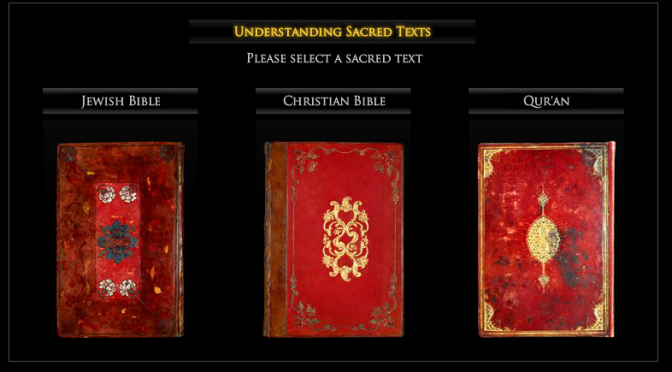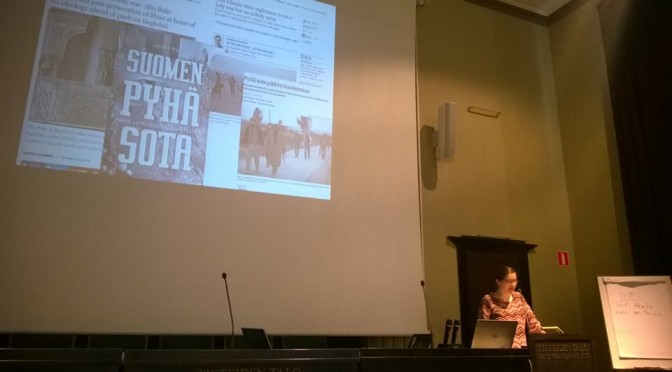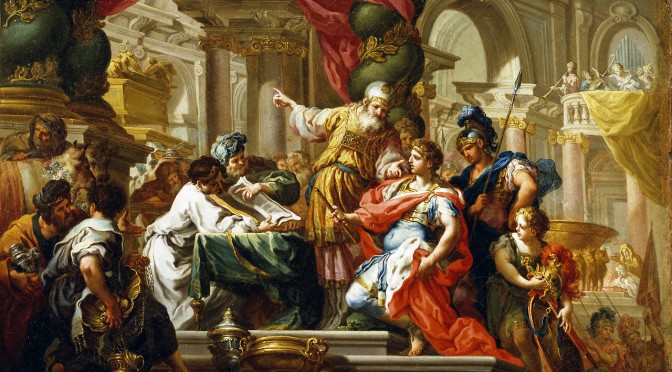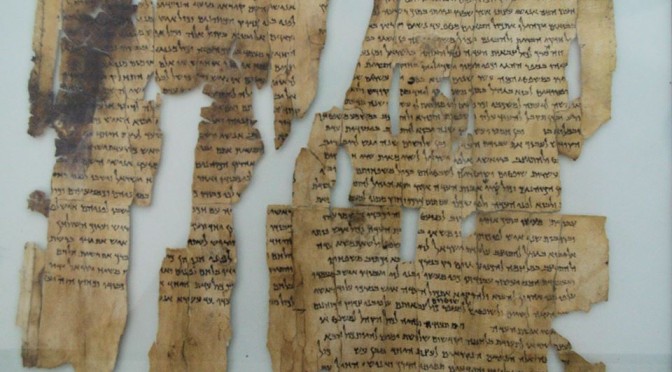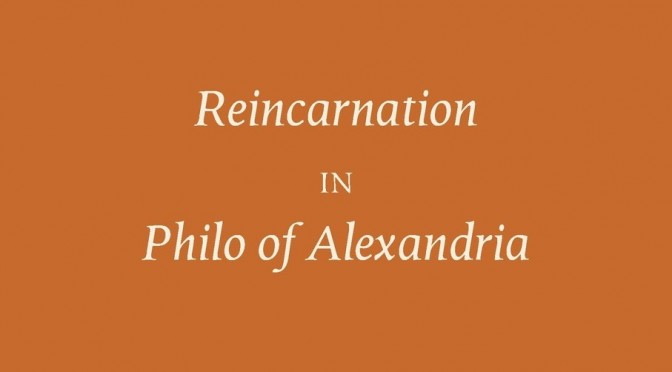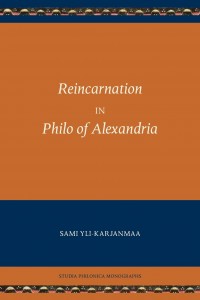CSTT-member Jutta Jokiranta, team leader of CSTT team 4, will give one of the Helsinki Lectures on Intersubjectivity tomorrow (Fri March 11), which are organised by the Finnish Centre of Excellence in Intersubjectivity in Interaction. Her lecture is entitled:
Social sciences meet biblical studies: Conversations with social identity and magical agency Continue reading Helsinki Lectures on Intersubjectivity: “Social sciences meet biblical studies”


